

2708-9517
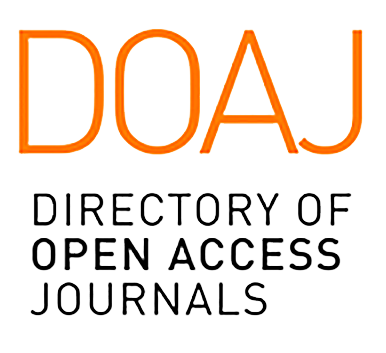
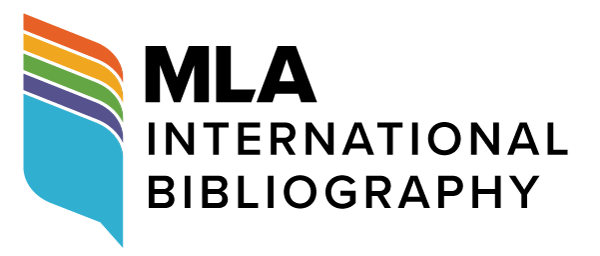
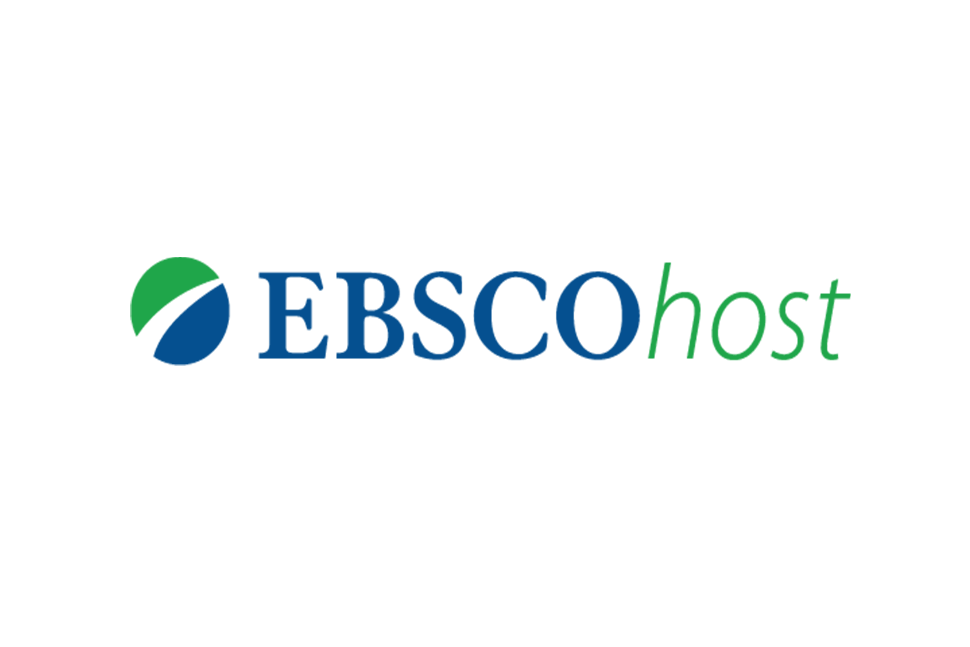
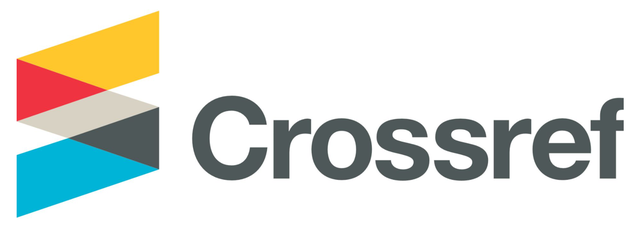

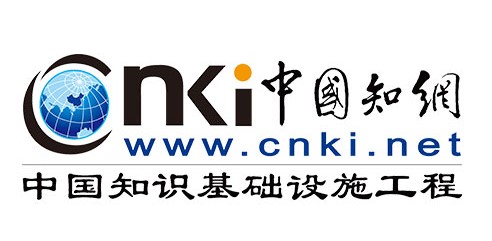

MLA Directory of Periodicals
REAO: East Asian Studies Journals
EBSCO Education
ProQuest
Google Scholar
Semantic Scholar
ROAD
BASE
Baidu Scholar

|
Special Issue Theme
|
Guest Editors |
Abstracts Due |
CFP Download |
|
Cognitive Linguistics in Chinese Teaching and Learning |
Shu-Ling Wu Southern Illinois University Carbondale, USA
|
May 30, 2021 |
|
|
Culture and Chinese as a Second Language (CSL) Teaching Materials: Representation, Context, and Pedagogies |
Tao XIONG Guangdong University of Foreign Studies, China Yue PENG Shanghai University of Finance and Economics, China
|
1 April, 2021 |
|
|
Chinese for Specific Purposes |
Daoxiong Guan University of California, Santa Barbara, USA Clare Wright University of Leeds, UK Ying Peng University of Leeds, UK
|
March 31, 2021 |
|
|
Systemic Functional Linguistics and Chinese Grammar |
Edward McDonald The Compleat Translator, Australia Pin Wang Shanghai Jiao Tong University, China |
15 Nov, 2020 |
|
Guideline for Running Special Issues
This guideline outlines the process for proposing, planning, and executing special issues for IJCLT.
Proposals for special issues can be submitted by prospective guest editors, editorial board members, or external scholars. A proposal should include: title, rationale and scope of the themed issue; list of potential topics and key questions to be addressed; proposed timeline for submission, review, and publication; brief biographies of the guest editor(s).
The editorial board reviews proposals based on relevance, timeliness, and contribution to the field. Proposals may be accepted, rejected, or returned with requests for revisions. Once approved, a call for papers (CFP) is drafted and issued.
With the assistance from the Editorial Board, guest editors oversee the whole process of the special issue, from soliciting contributions to managing the peer review process.
Authors submit manuscripts through the journal’s online submission system, indicating their intent to contribute to the special themed issue. Manuscripts undergo the journal’s standard double-blind peer review process. Guest editors, in collaboration with the journal’s editorial team, select appropriate reviewers, facilitate the reviewing processes, and make final decisions on acceptance.
Accepted manuscripts undergo final editing and formatting. The journal’s production team prepares the special issue for publication, including layout and design. The special issue is published online, with all articles available as part of a single issue.
The special issue must comply with the journal’s ethical standards and policies, including those related to plagiarism, authorship, and research integrity. All participants in the special issue process must disclose any potential conflicts of interest.